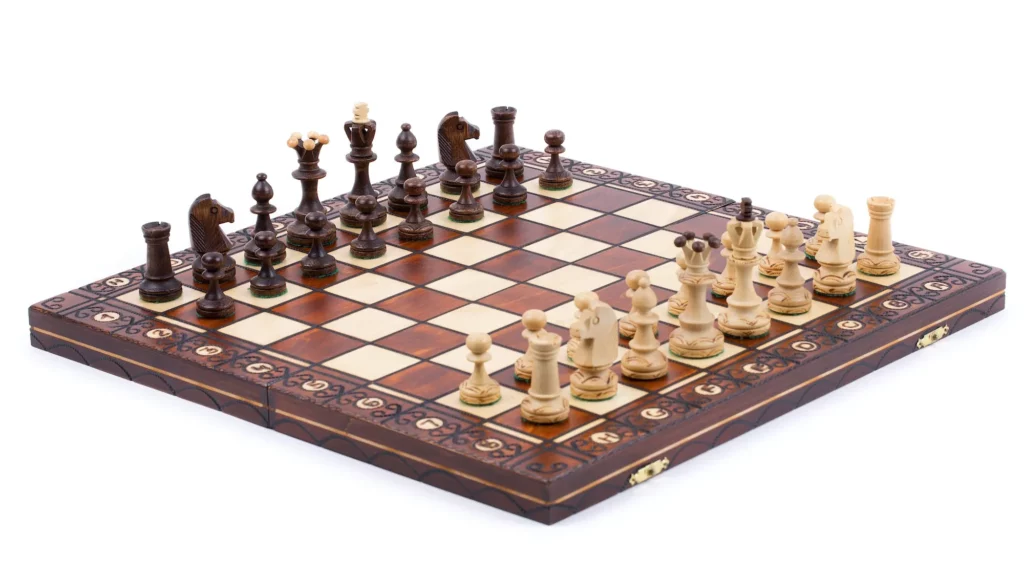Introduction to Chess

Chess, a board game that has stood the test of time, holds a special place as one of the oldest and most beloved games. It involves two opponents facing off on a checkered board adorned with distinctively crafted pieces of contrasting colors, commonly white and black. The game begins with the player controlling the white pieces, making the first move, followed by alternating turns according to well-established rules. The ultimate objective is to strategically position one’s pieces in a manner that puts the opponent’s principal piece, the King, in checkmate—a situation where it is unable to escape capture.
The origins of chess can be traced back to India around the 6th century AD. From there, it gradually expanded its reach, spreading across Asia to the Middle East and Europe by the 10th century. Over time, the game underwent progressive developments in its rules and set design, eventually solidifying into the standard form known today during the early 19th century. Once reserved as a pastime for the upper echelons of society, chess earned the moniker of the “royal game” due to its popularity among the nobility, a distinction it has carried since at least the 15th century.
The 20th century witnessed an unprecedented surge in interest and participation in chess. With professional players and state-sponsored competitions vying for the coveted title of world champion, the game experienced exponential growth. Increasingly lucrative tournament prizes further contributed to its popularity. Today, chess continues to captivate enthusiasts worldwide, transcending age and gender barriers. Organized chess tournaments, correspondence games played through postal services, and the advent of Internet chess have all contributed to the widespread appeal of the game, attracting players of diverse backgrounds and skill levels.
In summary, chess stands as a testament to its enduring legacy as a game of intellectual prowess. From its ancient roots in India to its global reach today, it has evolved into a game cherished by individuals across the globe. Its rich history, strategic depth, and universal appeal ensure that chess will continue to captivate players for generations to come.
